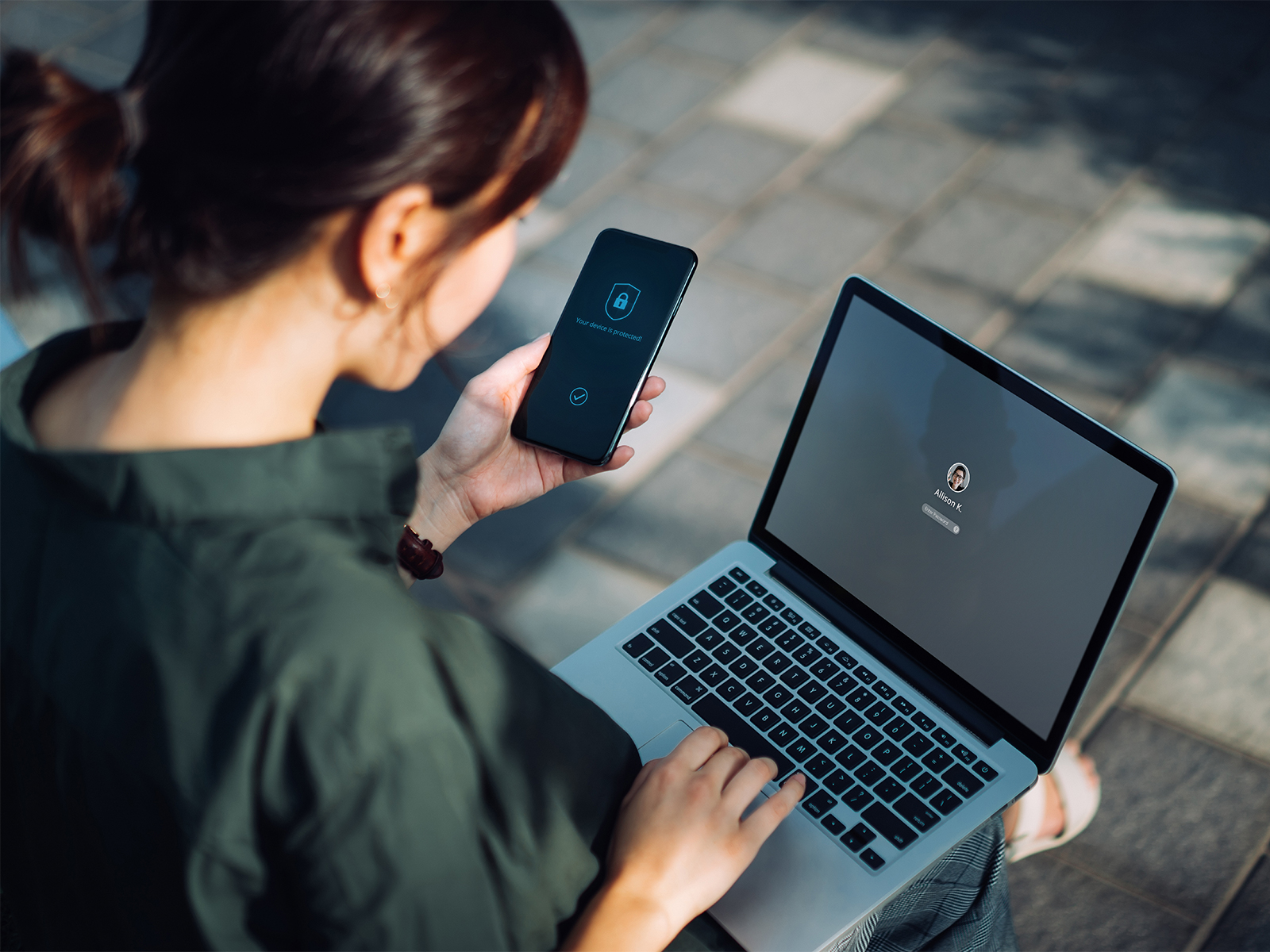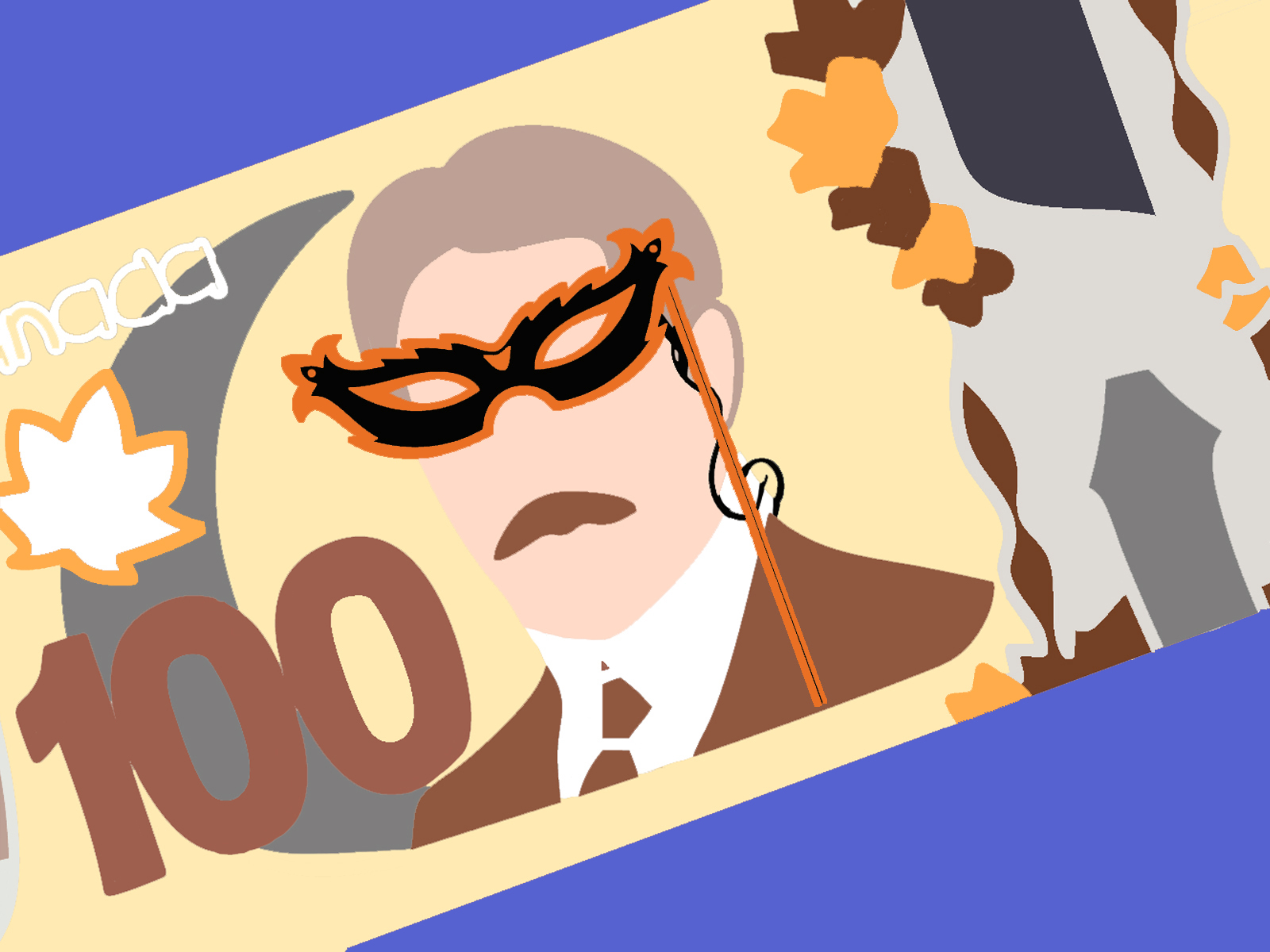How to protect your money when you travel
Travelling can be a thrilling experience — whether you're venturing abroad or into your own backyard, there's nothing more exciting than exploring someplace new.
Yet when something goes wrong, it can also be a nerve-racking experience. When we travel it's easy to let our guards down, making tourists an easy target for thieves and pickpockets. There's no worse feeling than having your finances compromised when you're away from home.
Follow these tips, and your money will be better protected wherever you travel.
Things to do before you take off
Beware of deals: Some travel scams happen before you even depart. Be cautious of any calls or websites offering free or deeply discounted travel deals. It's recommended to only book with reputable sites or through a professional travel agent. Remember, if a deal looks too good to be true, it probably is.
Empty your wallet: When travelling, it's best to keep the contents of your wallet to a minimum. I suggest just one credit card, your debit card, a single piece of ID, and a little bit of cash. There's no need to carry non-essential cards, or items such as your Social Insurance Number or birth certificate.
Get travel insurance: The cost of medical attention outside Canada can be expensive, so never travel out of country without having a travel medical policy in place. Fortunately many employers and credit card providers offer a comprehensive package as a standard benefit, but you'll want to read the details of the policy. If you're not covered, you can purchase your own policy which is usually reasonably priced.
Make copies of your documents: You'll want to write down or take photos of all your important documents, including your passport, travel itinerary, insurance policies and the contact numbers for your debit and credit card providers. Email this information to someone you trust and yourself so you have everything available in case of an emergency.
Get your cards ready for travel
Inform your debit and credit card providers: Thanks to increased security measures with debit and credit cards, the major banks no longer require you to alert them of your travel plans. However, if your credit card is issued by a different provider, it's still a good idea to let them know that you'll be away so your cards don't get blocked.
Bring an extra credit card: It's always a smart move to bring another credit card just in case your main one gets lost or stolen. Keep that secondary card somewhere secure, such as in your hotel safe. Never carry both of your credit cards in your wallet at the same time.
When to use it: While travelling, your credit card's built-in benefits, such as extended warranty and purchase protection, can offer additional peace of mind.
Beware of your surroundings
Watch out for suspicious ABMs: Check with your bank about any partner ABM networks that you can use while travelling. You can also check with VISA and Mastercard for their partner ABMs. You'll want to avoid individual machines, which may not be as secure or may charge you a higher exchange rate. Don't forget to always cover the keypad when entering your PIN.
Look up common scams: In many places around the world, there are some common scams you should look out for. Broken taxi meters, “free" religious items or bracelets, and spills on your clothing are just a few ways scammers try to get at your money. Always research local scams before you depart.
Keep an eye on your valuables: Pickpockets lurk in many major cities, so don't make yourself an easy target. Never leave your bag unattended, not even for a second. Whenever you're on public transportation or in a crowded space, keep your valuables close.
The final word
No matter how prepared you are, there's still a chance that you may become a victim. Just prepare as best you can and don't let thieves ruin your travels.

